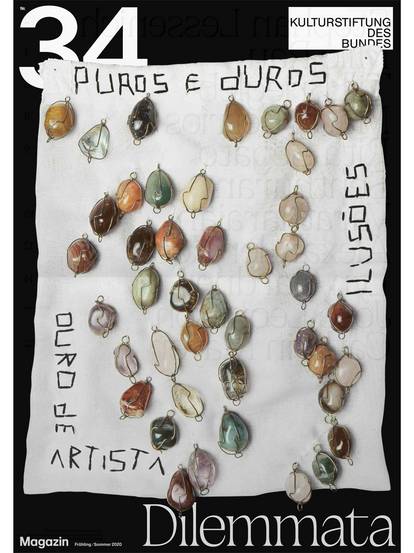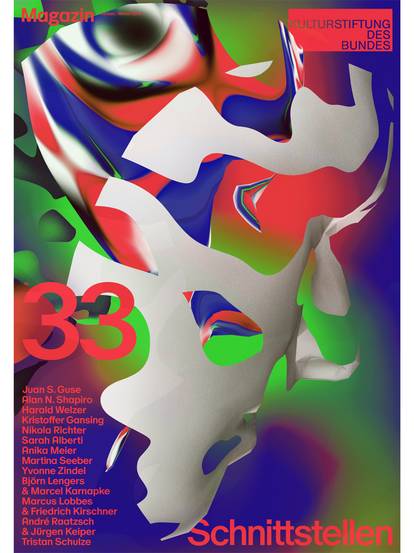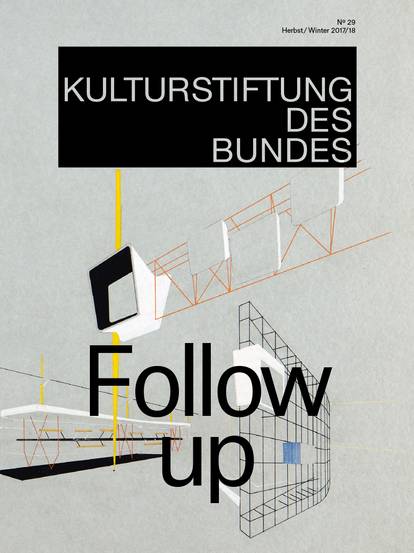Could I imagine having an erotic relationship with an artificially intelligent robot? Yes, I could. No problem. And with pleasure. My partner, however, finds it bewildering and thinks it’s absurd to even contemplate whether he’d be jealous. Yet the phenomenon of building an emotional bond to an inanimate object and feeling sexual arousal through physical intimacy with it is not that unusual. Object sexuality, or objectophilia, is a field of sexology which remains largely unexplored, but is already the topic of lively conversation in certain forums on the Internet. While object-sexual people feel attracted to objects which share no similarity with humans, such as a wall, I am more interested in humanoid robots. Which doesn’t mean I imagine them as perfect replicas of humans as we’ve seen in science fiction movies and series like “Ex Machina” and “Westworld”. For me, it’s not about an ideally beautiful partner who is free of all those annoying imperfections and extra baggage which provide so much fodder for conflict in relationships. And I don’t belong to that group of people who identify themselves as idollators, digisexuals or robosexuals who hope to find a fulfilling partnership with a doll, hologram or robot.
What I do find intriguing, though, is the possibility of encountering a machine as a machine. It is this technically different “other” by whom I would like to be touched – emotionally and physically. In my book Sex Machina. Zur Zukunft des Begehrens (2019), I try to imagine such an object-based relationship as a form of encounter that doesn’t aim to self-affirm, but rather rupture an all too rigid self-image. In contrast to David Levy’s argument in his book Love and Sex with Robots (2007), I wish people wouldn’t choose a robot as a partner because he/she would always be available and, above all, compliant. What I find more interesting is the strangeness of the robot. We don’t exactly know how the programmes that set the robot in motion work. Even if we possessed the necessary IT knowledge, we couldn’t completely control them. And that is precisely what allows us to savour the thrill of the technically unknown and develop what I call unique desire.
Unique desire is produced whenever exposure and being exposed occur in an unexpected way. As is the case when we encounter an artificially intelligent and artificially emotional machine which has a will and language of its own. It is then no longer a creature like the mechanical doll in E. T. H. Hoffmann’s story “The Sandman” which has little more to say to its delighted male viewers than “Ah – Ah – Ah!”. Rather, it is a being with a desire of its own. This desire is unique in that it is distinct to itself. The uniqueness implies that we as observers are alienated from it, but it is this alienation which offers us new possibilities of experience.
To gain an impression of how such an experience might arise, we should not look to those almost identical prototypes of pornographic sex dolls equipped with rudimentary language technology like the ones marketed as “Harmony” by Matthew McMullen. Examples from the art world are much more helpful here. For example, Louis-Philippe Demer’s “Blind Robot” (2013) which traces the contours of a person’s face with his robot fingers like a blind person would. Or Jordan Wolfson’s witch-like “Female Figure” (2014) which is equipped with facial recognition software and can follow one with her gaze.
Or for those who prefer something more romantic, the two gynomorphic robots with the facial features of the Icelandic singer Björk in Chris Cunningham’s music video “All is Full of Love” (1999).
They give us a taste of what our desire might comprise in the future. Not to replace relationships with other people, but to supplement them with new forms of erotic experience.

![[Translate to English:] Magazine 38](/fileadmin/_processed_/f/1/csm_Magazin38_Cover-Vorschau_921x1230_689f428dc3.jpg)
![[Translate to English:] Magazine 37](/fileadmin/_processed_/b/c/csm_Mag37_Cover-Vorschau_921x1230_b5129fdb2a.jpg)
![[Translate to English:] Magazine 36](/fileadmin/_processed_/2/a/csm_Cover_Magazin36__issuu_2f3cef97bb.jpg)





![[Translate to English:] Magazine 30](/fileadmin/_processed_/c/b/csm_magazin30_vorschau_9005f773d3.jpg)














